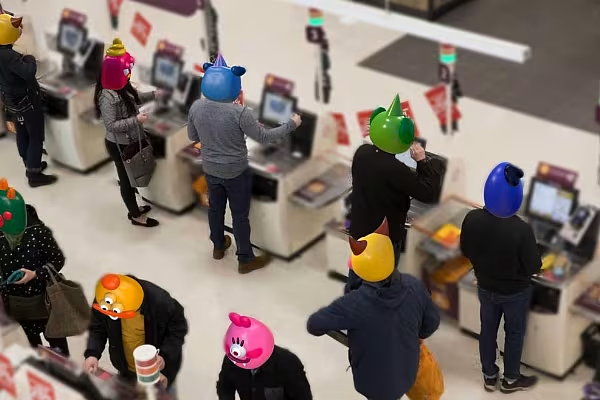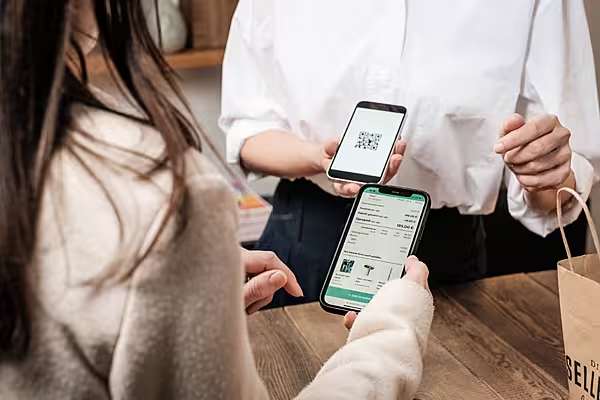A new report from ECR Retail Loss explores how 'people-centred' design solutions can improve the self-checkout experience in stores, in turn helping to cut frustration and the risk of losses.
The report, Rehumanising the Self-Checkout Experience, saw young designers from University of the Arts London (UAL) work with the UK's top supermarkets to develop a series of in-store innovations that put humans, rather than technology, first.
Having An Impact
According to ECR Retail Loss, the findings of the report are already starting to influence on the loss-reduction strategies of top retailers.
"I collaborated with these remarkable students for six months, from brainstorming ideas through to completion," commented Victoria Glenn, project manager at Tesco. “We’ve incorporated their innovative ideas into our business, resulting in several exciting initiatives planned for next year.”
Elsewhere, Mike Beach, head of loss prevention and change at Sainsbury’s, said that the initiative "has absolutely hit the brief in terms of our current strategies and pain points. It’s a great help.”
Human-Centred Design
As part of the project, designers investigated human-centred design approaches to tackle significant challenges associated with self-checkout systems. These challenges encompass technology frustration, boredom, lack of personal interaction, and concerns regarding job losses and social redundancy.
Collaborating with retail partners such as Co-op, Sainsbury’s, Tesco, and Waitrose, the designers utilised the four-dimensional Security Function Framework—comprising Purpose, Security Niche, Mechanism, and Technicality—to craft their inventive concepts.
“We could not be more delighted with the results of this collaboration and we’re proud to share the five design ideas,” said John Fonteijn, chair of the ECR Retail Loss Group.
“These student-designed solutions are set to inspire retailers globally to reimagine the future of self-checkout, balancing security needs with an enriched customer experience.”
More information can be found here.











